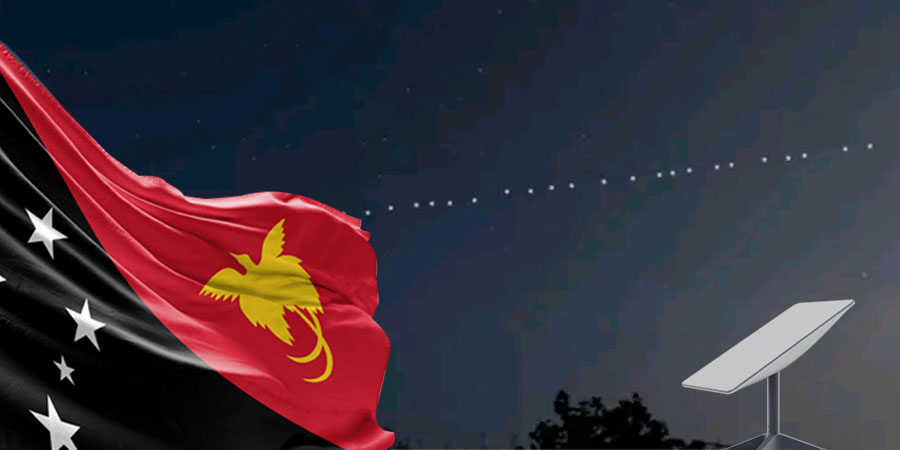Papua New Guinea's telecommunications regulator has granted Starlink a five-year license to operate in the country, while also vowing to crack down on illegal operations of low-Earth orbit (LEO) satellite terminals.
Operating without proper licenses is considered illegal due to potential issues such as interference with allocated spectrums, compromising national security, distorting fair competition, jeopardizing consumer protection, and disrupting infrastructure planning. The crackdown aims to maintain control, uphold standards, and safeguard the telecommunications ecosystem in the country.
Unauthorized Use of Starlink Terminals
The Department of Information and Communications Technology in Papua New Guinea issued a strong warning to individuals who are using satellite services without proper authorization, specifically mentioning the unauthorized use of Starlink terminals.
The Chairman of the National Information and Communications Technology Authority (NICTA), Noel Mobia, explained that Starlink will bring in licensed terminals and each terminal will have its own license. NICTA will oversee this process to ensure transparency and accountability.
Maintaining National Security
The chairman also warned those currently using unlicensed terminals, reiterating that they will face significant consequences, although the specific punishments were not mentioned. The purpose of the rule is to control the deployment of satellite terminals and maintain national security.
These terminals are mobile and can be moved around, so tracking their location and movement is necessary to ensure responsible internet usage.
Regulating the deployment of satellite terminals is crucial for national security, preventing unauthorized access, safeguarding communication networks, and countering cyber threats.
The chairman's warning about unlicensed terminals underscores the seriousness of the matter, emphasizing the need for consequences to maintain order and protect critical infrastructure and defense operations.
The Minister of Information and Communications Technology, Timothy Masiu, emphasized the importance of scrutinizing everything entering the country to protect national interests.





